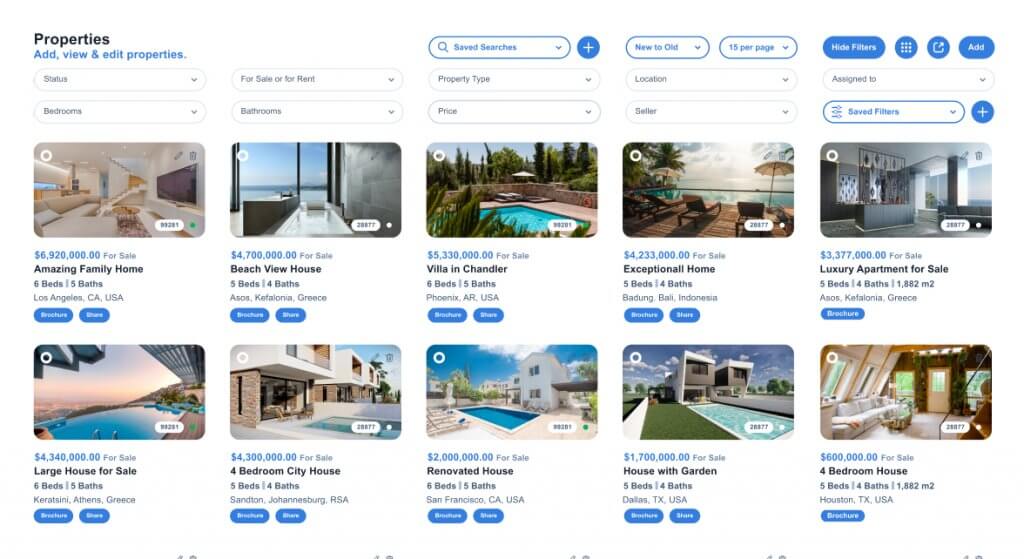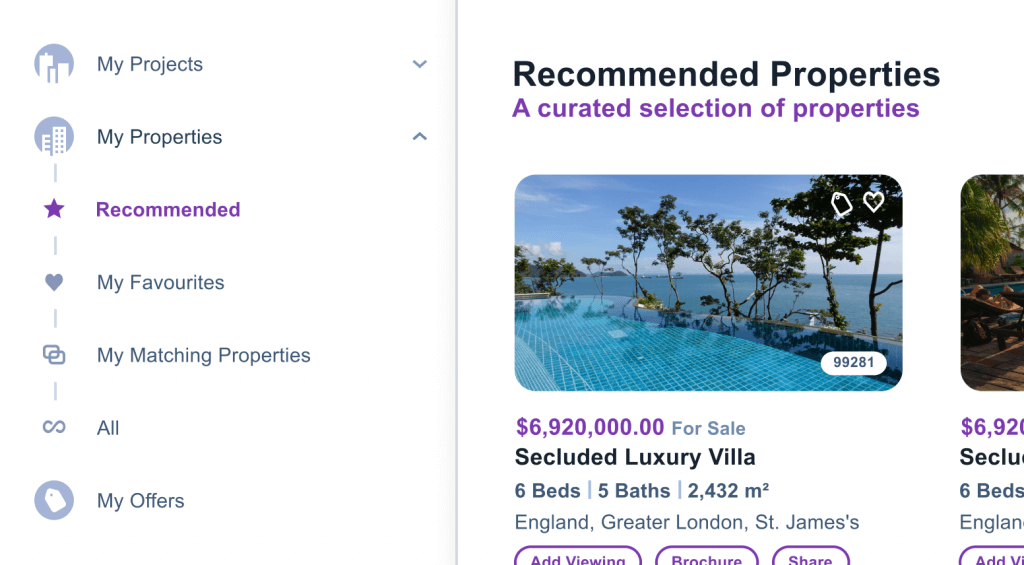A CRM can be a critical tool in managing sales and marketing activities as well as organisational workflows and processes. This stands true for companies in most industries, and especially so for the real estate sector. In this blog, we look at 7 reasons why your sales team should be making use of a CRM. We also talk about how the CRM can improve employee efficiencies, performance, ultimately impacting business revenues.
1. Centralised source of data
A CRM provides one place for your sales people to store vital data. This includes contacts, leads, opportunities, sales activities, pending tasks, documentation, etc. Rather than having to locate information in multiple locations, everything is centralised for quick and easy access. This helps to optimise workflows, increasing your team’s efficiency and productivity.
2. Remote access to data
It’s likely you have sales people working remotely and need access to their contacts, schedules, tasks, etc. A CRM will solve this challenge, especially one that gives them the ability to access this information from anywhere. But ensure the CRM is mobile responsive as well. Mobile usage is increasing exponentially so your CRM must be accessible and usable off any mobile device.
3. Reporting capabilities
Your sales team probably needs to generate weekly, monthly or quarterly reports for management. A great CRM automates this process quickly and easily. Qobrix CRM dashboards for instance can be configured to present data in several ways and generate key reports accordingly. In this way, you will know where your business is at instantly and make changes where necessary. Use the dashboards to also get insights on marketing campaigns, sales activities, forecasted revenues, sales generated, etc.
4. Better customer service
Business News Daily says “65% of consumers believe a company’s reputation for great customer service is more important than advertising”. And using a CRM to improve customer service is key. For e.g. Qobrix’s CRM system can help your sales team better track phone calls, emails, customer requests, activities and other vital client touchpoints. Having a comprehensive overview of this information results in more informed interactions with customers, thereby improving overall service.
5. Third-party integrations
A CRM that integrates with 3rd party systems like telephony, SMS gateways, MailChimp, back-office/ERP systems, etc., helps streamline business processes, procedures and efficiencies. It also frees up your sales team’s time to focus on critical activities like generating and qualifying leads, monitoring opportunities and closing sales.
6. Segmentation of customers
A CRM provides a wealth of data on different types of buyer personas. Use this data to understand who your prospective customers are so that you can sell to them more effectively. Segment them into groups so that you can better target them with optimised sales and marketing campaigns. Identify what their unique needs and challenges are and serve them content that addresses those issues.
7. Improved organisational communication
A CRM provides a holistic overview of your business in real time. This includes the activities being undertaken by all employees, be they administrative, sales or marketing. This improves communication between teams, who have a centralised overview of what each person is doing. You also reduce the risk of tasks or activities overlapping or being duplicated, or client related issues being missed.




